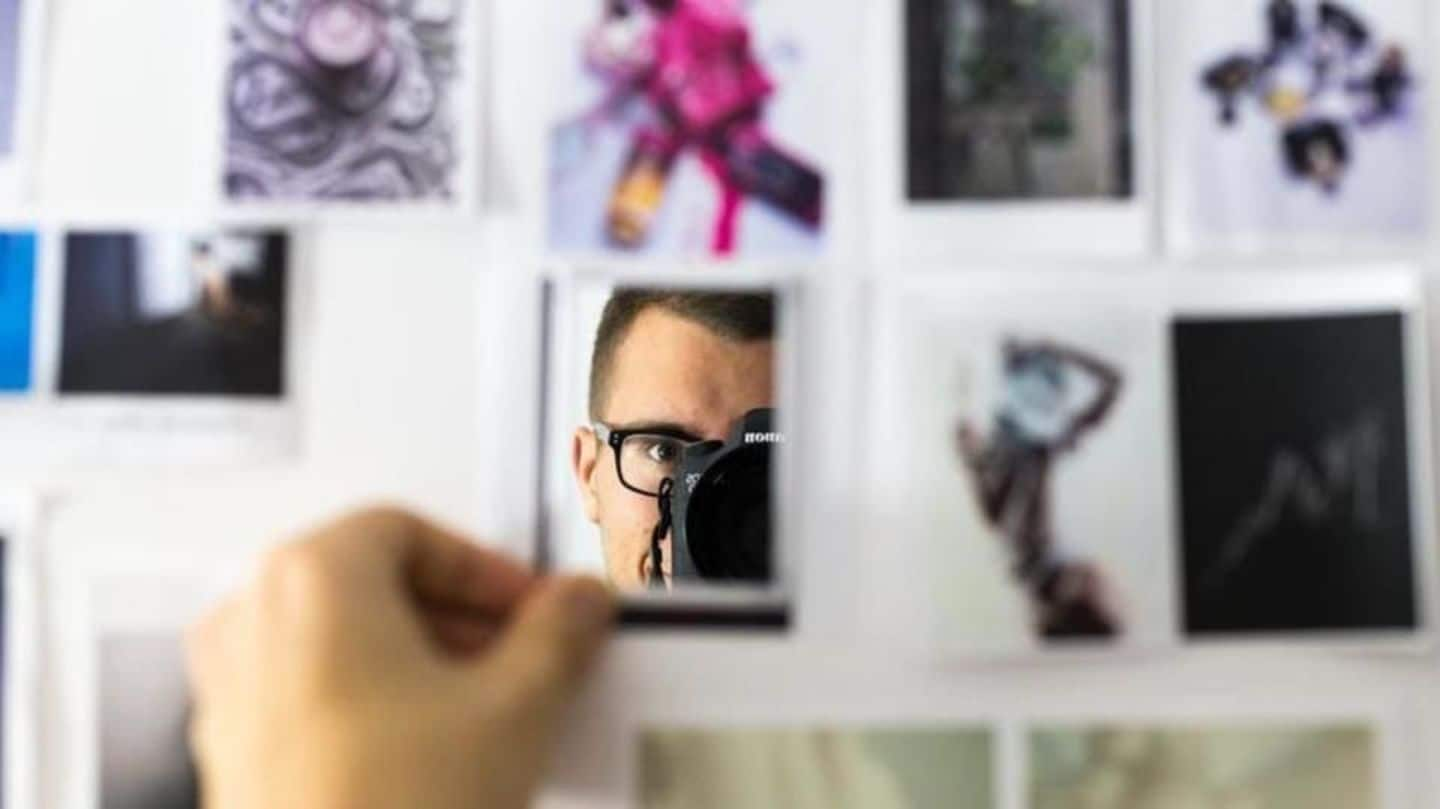
Taking three-dimensional (3D) selfies? Yup, AI can do that
What's the story
Every day we are discovering new things that we can do with the help of AI. We have been able to make use of it to find out when people text and drive, to manage content, analyze sleep patterns and now we'll use it to turn our ordinary boring selfies into three-dimensional (3D) facial models. Yes, artificial intelligence can do that too! Here's more.
3D
What is it all about?
To achieve this feat, scientists at the University of Nottingham and Kingston University in the UK, tapped into an area of artificial intelligence known as the Convolutional Neural Network (CNN). With CNN, it is possible to make use of machine learning to make computers learn without a specific dedicated program. They trained CNN with a huge pool of 2D pictures and 3D facial models.
2D
How is it possible?
The CNN was then able to reconstruct 3D facial geometry using the 2D pictures. So, it's now possible to transform an ordinary selfie into 3D, with ease. Not only that, the system is also capable of guessing the appearance of the non-visible parts of a face. It works on a single 2D image and then develops random poses and facial expressions of the same.
Emotions
What can we do with it?
The system can be integrated into several devices as a tool to recognize facial expressions and emotions. Other than that, it can also be implemented into personalized computer games, improved augmented reality and so on. Practical applications of this technology are enormous. For example, it can be used to make you understand how a spectacle would look on you, when you're buying one online.
Neural Network
Understanding the effects of plastic surgery
The assistant professor at the Nottingham University, Georgios Tzimiropoulos said, "We came up with the idea of training a big neural network on 80,000 faces to directly learn to output the 3D facial geometry from a single 2D image." It can also have significant medical applications, like replicating the possible results of plastic surgery, helping to comprehend conditions like autism and depression, opined researchers.
Musk
The raging AI debate
While Tesla CEO Elon Mask believes AI "is a fundamental risk to the existence of human civilization," Microsoft co-founder Bill Gates has a more positive outlook. He said AI is "on the verge of making our lives more productive and creative." Even Microsoft CEO Satya Nadella wrote in his book, "Hit Refresh," that AI, by taking over repetitive activities, frees time for better use.